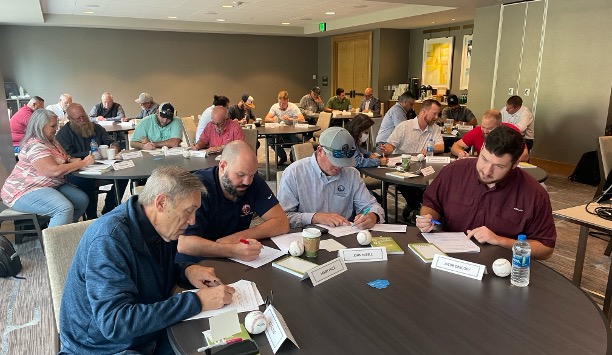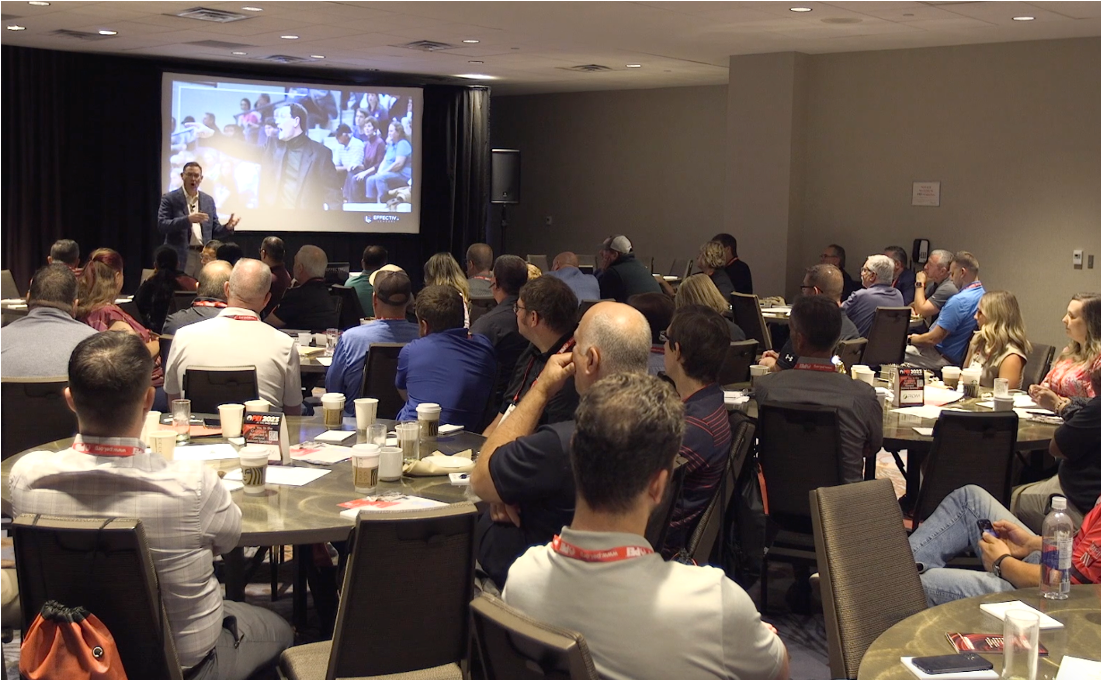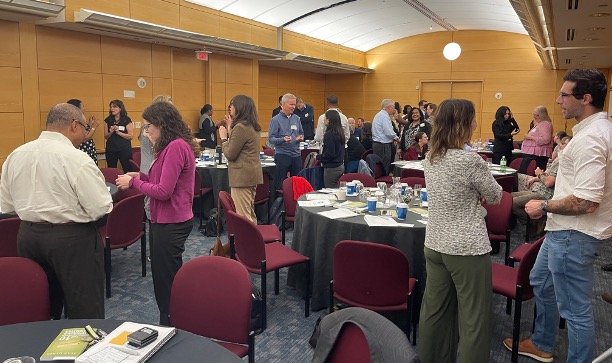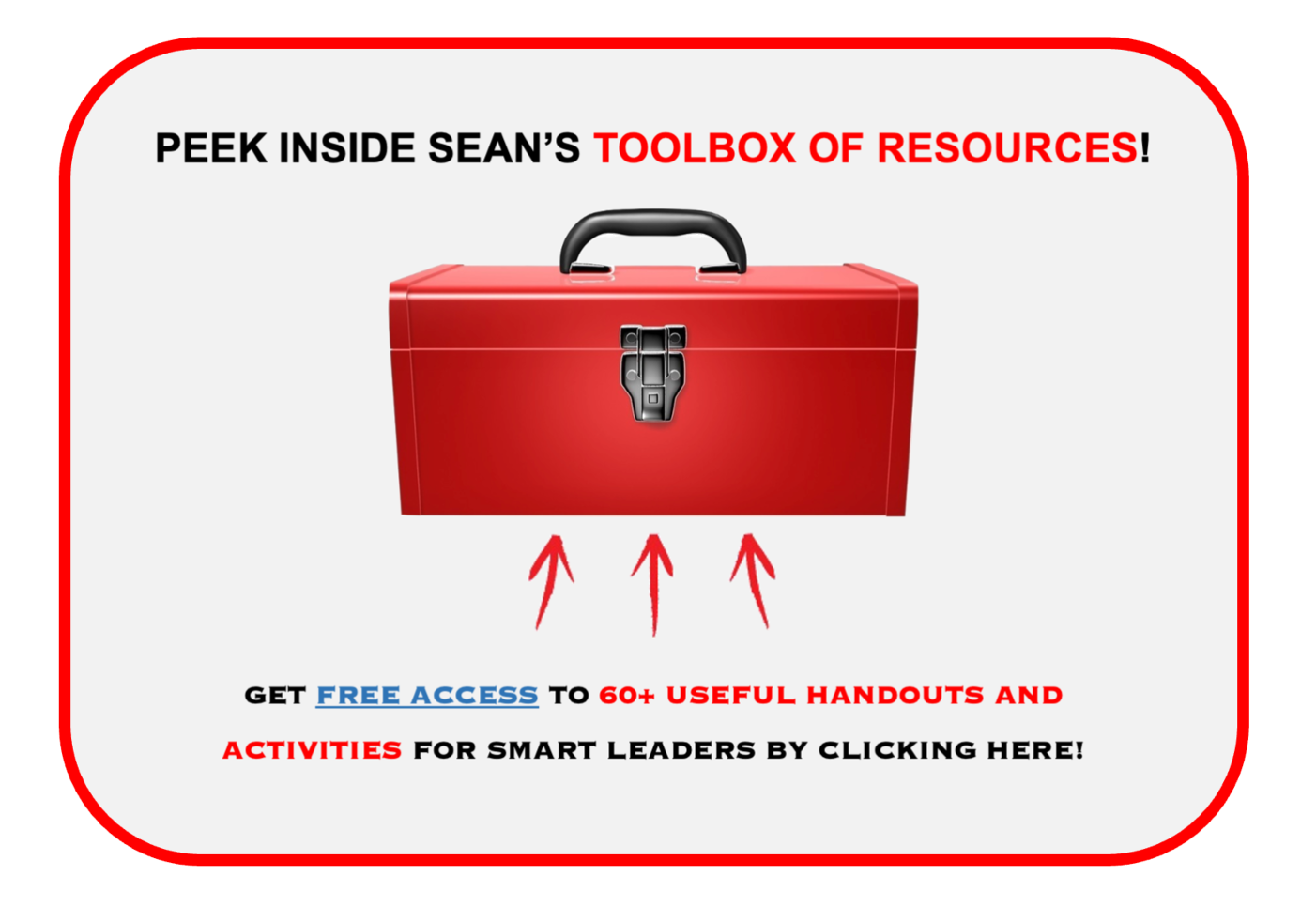While a few hours of laughter and small talk may be a welcome break from daily routines, the best team-building activities go far beyond fun. As a team leader or business owner, you don’t just want to entertain your team—you want to create a lasting impact.
Truly meaningful experiences influence your team’s attitudes and actions, build deeper trust, and improve how well they collaborate long after the event is over. You want more than just a good time—you want a shift in team dynamics and the beginning of more meaningful connections.
Bowling, escape rooms, or laser tag can offer a fun change of pace, but do they truly foster lasting behavior changes or deeper empathy when your team returns to work the next day?
For remote and hybrid teams, such shallow interactions often fail to enhance collaboration or build a sense of belonging. To achieve the kind of breakthroughs that actually change team culture, the best team-building activities need to be intentional, well-facilitated, and packed with takeaways that stick.
Here’s why your next team-building event should be more than just a distraction from daily work and how an expertly facilitated activity can deliver fun interactions with real impact.
The most effective events don’t just happen randomly…
They are designed and led by an experienced facilitator with the intent to produce real change. When events are crafted to focus on specific outcomes, they become far more than just a break from the grind. They’re an opportunity to address issues like communication breakdowns, lack of accountability, or low morale.
Activities like laser tag or bowling might create temporary enjoyment, but they seldom address the root causes of workplace friction or improve collaboration. The best team-building activities, on the other hand, deliberately engage team members in situations that expose existing team dynamics, highlight strengths and weaknesses, and foster new patterns of behavior that can be carried back into the office.
Facilitated Events Deliver Interactive Fun – with Real Impact!
A facilitator plays a critical role in extracting meaning from the experience. Without a skilled facilitator, even the best-designed activity can become a missed opportunity. Facilitators guide teams through the event, helping participants recognize lessons that can be applied to their daily interactions. These experts ensure that activities are not just fun but are also tied to concrete outcomes like improved communication, heightened empathy, and a deeper sense of accountability.
By fostering reflection during and after the activities, facilitators help team members draw connections between their behavior in the game or exercise and their behavior in the workplace. This reflective element transforms what could have been just an enjoyable afternoon into a turning point for team performance and dynamics.
What 17 Valuable Outcomes do the BEST
Team Building Activities Accomplish?
Now, let’s dive deeper into the outcomes you should expect from team building events.
Here are 17 specific results that your event should accomplish, ensuring that your investment in team development drives the changes you need most!
- Expose Existing Team Dynamics and Behaviors
Valuable team-building activities provide a safe environment where underlying team dynamics are revealed. Whether it’s communication habits, unspoken tensions, or unbalanced power dynamics, understanding these behaviors is essential for improving team effectiveness. Exposure allows leaders to address and resolve issues that may otherwise remain hidden, fostering a more cohesive and productive team.
- Improve Group Morale and Promote Bonding
One of the most important results of team-building is the boost in morale and team bonding. When individuals share experiences that challenge them and require collaboration, it deepens relationships and promotes a sense of belonging. This camaraderie helps reduce stress and enhances collaboration in future work situations. By creating positive memories, team members will feel more engaged and supportive of each other.
- Increase Appreciation of Roles and Expectations
In many teams, a lack of clarity around roles and expectations can lead to frustration or inefficiency. Team-building activities that clearly highlight individual roles help everyone appreciate the unique contributions each person makes. Understanding and respecting these roles fosters teamwork and reduces friction, improving the group’s overall performance.
- Accelerate Team Role Formation and Shared Vision
Teams often take time to clarify roles and establish a collective purpose. The best team-building activities speed up this process by creating scenarios where roles naturally emerge and team members rally around a shared objective. A faster alignment on roles and vision means your team can operate more efficiently and with greater unity in real-world tasks.
- Highlight Individual Strengths and Weaknesses
Team-building challenges often involve tasks that expose individual strengths and weaknesses. These insights are critical for team leaders to better allocate responsibilities and support areas of growth. When team members become more aware of each other’s abilities, they can play to each other’s strengths and compensate for weaknesses, ultimately enhancing team performance.
- Develop Creative Problem-Solving and Crisis Management Skills
In dynamic and often time-sensitive scenarios, team-building exercises push participants to think creatively and act quickly. These activities develop valuable problem-solving and crisis management skills that transfer directly to the workplace. Teams that are adept at handling unexpected challenges are more resilient and effective under pressure.
- Demonstrate the Value of Cooperation Over Competition
A collaborative team is far more effective than a competitive one when it comes to achieving common goals. Activities that highlight the benefits of cooperation, rather than fostering internal competition, encourage team members to work together more effectively. This mindset shift from “me” to “we” is essential for building a supportive and high-performing team culture.
- Ignite an Increase in Efficiency and Resource Sharing
When team members realize that collaboration leads to greater efficiency, it changes how they approach their work. Effective team-building activities demonstrate the power of resource sharing—whether it’s time, skills, or knowledge. This increase in efficiency makes the team more productive and fosters a culture of mutual support.
- Enhance Communal Support and Encouragement
Teams that support and encourage each other create a positive and productive work environment. Team-building activities reinforce this sense of communal support, where individuals feel safe to take risks and push their boundaries. This emotional and professional encouragement leads to greater innovation and collaboration.
- Improve Conflict Resolution and Communication Skills
Conflict is inevitable in any team, but how it’s handled can make or break the group’s success. The best team-building activities place participants in scenarios where disagreements might arise, providing an opportunity to practice conflict resolution. Learning how to navigate these situations during an activity can translate into improved communication and conflict management back at the office, reducing friction and fostering harmony.
- Foster Better Decision-Making and Leadership Skills
Every team member has the potential to lead, and effective team-building challenges provide opportunities for everyone to step into leadership roles. By placing participants in situations where they must make decisions under pressure, these activities help develop leadership skills and strengthen decision-making capabilities. The result is a more empowered team where individuals are confident in their ability to contribute.
- Reduce Stress and Inspire Laughter and Learning
Workplace stress can significantly impact performance and morale. Team-building activities offer a break from day-to-day pressures, allowing team members to relax and have fun. This laughter is not just a momentary relief; it builds rapport, improves relationships, and reminds teams that enjoying the process is as important as achieving results.
- Replace Limiting Beliefs with Possibility Thinking
Team-building exercises often push participants out of their comfort zones, encouraging them to confront and replace limiting beliefs. Whether it’s thinking “I can’t” or “this is impossible,” the right activities foster a mindset of possibility and growth. Teams with an expanded view of what’s possible are more innovative and adaptable to change.
- Inspire Ownership and Accountability for Results
Ownership and accountability are crucial to team success. The best activities encourage participants to take full responsibility for their contributions—whether those contributions lead to success or failure. This sense of ownership builds a culture of accountability, where each team member feels responsible for achieving the team’s goals.
- Increase Commitment to Organizational Goals
When team members feel connected to one another and understand their roles, their commitment to the organization’s overall goals strengthens. Team-building activities that reinforce shared objectives and organizational values help to increase buy-in and dedication. This ensures that every team member is aligned with the company’s mission and working toward the same outcomes.
- Strengthen Digital Communication on Remote Teams
For remote and hybrid teams, digital communication is the backbone of collaboration, but it can often lead to misunderstandings, a lack of personal connection, and misalignment. In-person team-building events every 4-6 months help bridge the gap created by remote work by fostering stronger personal relationships that improve digital communication. Meeting face-to-face allows team members to build trust and establish a rapport that can significantly reduce miscommunication in virtual settings. When people have shared in-person experiences, it creates a reference point for future interactions, making digital communication more efficient and empathetic.
- Boost Communication With Awareness of Personality Styles
One of the most meaningful outcomes of the best team-building activities is the increased awareness of different team personality types. When team members understand their own communication tendencies and those of their colleagues, they become more equipped to tailor their interactions for greater effectiveness. Activities that focus on revealing personality traits—such as assessments based on frameworks like DiSC—allow participants to better understand their teammates’ preferences for processing information, making decisions, or responding to feedback. When a team is aware of these differences, it helps foster more empathetic communication, reducing frustration and conflict.
These outcomes provide clear and measurable benefits to both the individual team members and the organization as a whole. The best team-building activities don’t just create a fun afternoon—they lead to deeper understanding, stronger relationships, and improved performance well beyond the event.
When designed and facilitated properly, the best team building activities offer lasting takeaways that equip teams to tackle challenges with greater collaboration, creativity, and confidence. Whether it’s improving communication, developing leadership skills, or fostering trust, the value of well-planned team-building experiences can transform the trajectory of your team’s success.
Ultimately, investing in meaningful team-building is about more than just entertainment—it’s about shaping a culture where individuals feel supported, accountable, and motivated to achieve shared goals.
To make your next team-building event a meaningful and transformative success, contact Sean Glaze, an experienced and interactive speaker and facilitator, to help your team develop deeper connections, improve communication, and boost overall performance.
– – – – –
Sean Glaze is an engaging team building speaker. interactive facilitator, and leadership coach who helps  organizations develop more effective leaders and build more positive and profitable workplace cultures.
organizations develop more effective leaders and build more positive and profitable workplace cultures.
Sean is the author of four books, The Unexpected Leader, Rapid Teamwork, The 10 Commandments of Winning Teammates, and Staying Coachable – each one an entertaining parable with powerful take-aways for team growth and leadership!
What issues are YOU dealing with that would disappear if you could build an exceptional team culture that inspired connection, accountability, and a team-first attitude?






